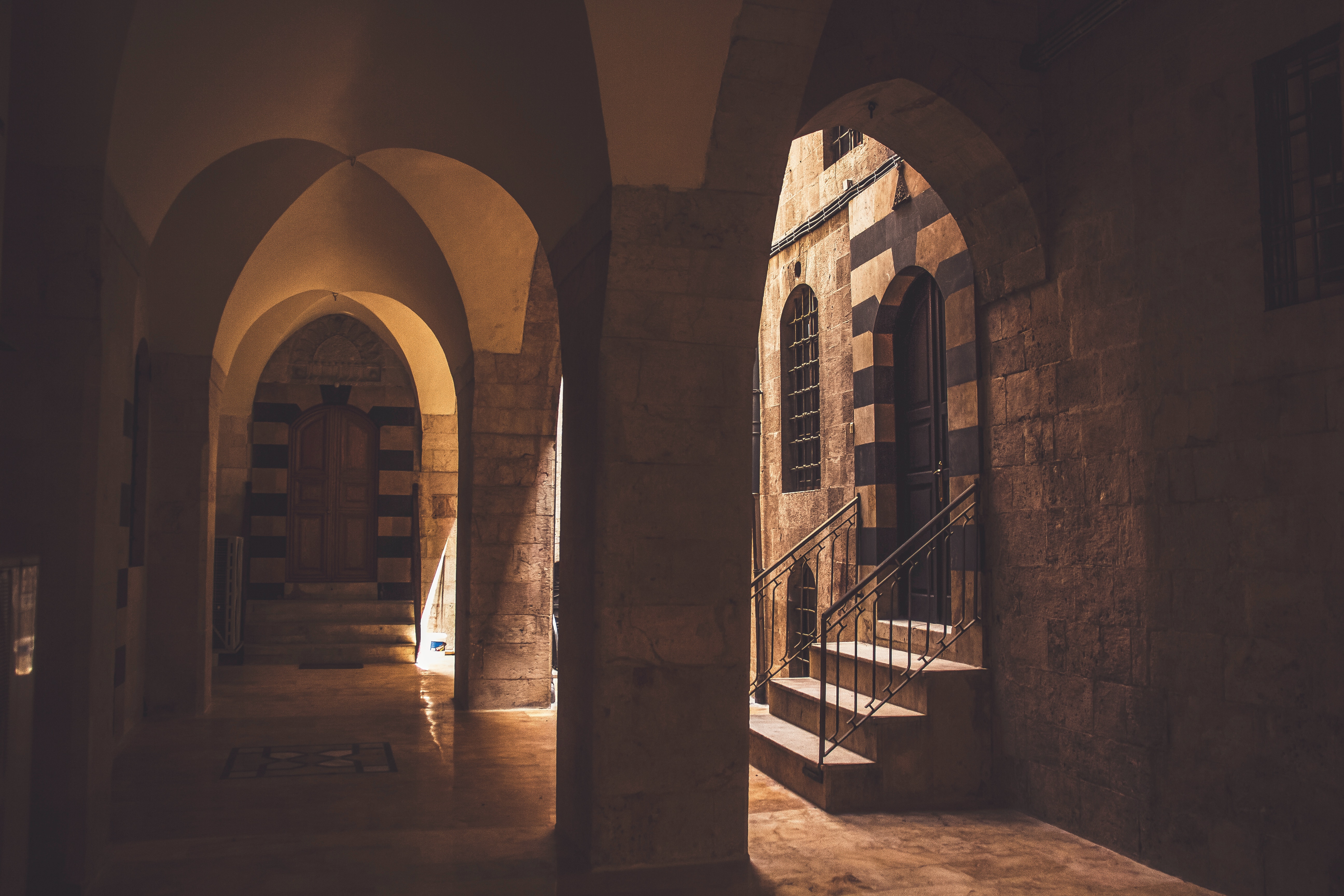
Revolts in the Late Medieval Middle East (1200-1500)

In the Middle East, the late medieval period was characterized by an increasing number of richly documented revolts: Bedouin riots, slave revolts, popular revolts of an economic nature led by commoners, military revolts led by generals and local governors (amīrs), rebellions of a religious or sectarian nature, among others. Whether in late Abbasid Baghdad, or in the large Mamluk cities of Cairo and Damascus, these revolts and the ways in which they are reported in the historical chronicles demonstrate critical trends and patterns, making their examination in a comparative perspective all the more compelling. How were these revolts dealt with by the political and legal authorities of the time? Were rebels always condemned and criminalized, or were they considered deviant based on specific criteria? Did popular riots have the power to influence political decisions, and was violence their only means?
In order to answer these questions, this chapter focuses on two sets of revolts identified in the sources: on the one hand, revolts that directly challenged the authority of the ruler; on the other hand, revolts that called to redress a perceived wrong without challenging the ruler’s legitimacy. This difference, it is argued, is key in order to understand the ways in which revolts were framed politically and legally. These revolts are examined in a dynamic perspective by focusing on the interactions between three social groups or actors: the rebels (be they civilians or military figures), the Sultan (ruler), and the religious scholars/jurists/judges (‘ulamā’) who often acted as negotiators between rebels and political authorities. The chapter sheds light on the legal and political processes through which rebels were either demonized or absolved of any wrongdoing, often through the use or manipulation of legal concepts. The chapter focuses on the cities of Cairo and Damascus during the Mamluk Sultanate (648–923/1250-1517), with a few examples included from Abbasid Baghdad and Mongol Persia.
This chapter benefited from a FIAS fellowship at the Paris Institute for Advanced Study (France). It has received funding from the European Union’s Horizon 2020 research and innovation programme under the Marie Skłodowska-Curie Grant Agreement No. 945408, and from the French State programme “Investissements d’avenir,” managed by the Agence Nationale de la Recherche (ANR-11-LABX-0027-01 Labex RFIEA+)
Reference
Nassima Neggaz, "Revolts in the Late Medieval Middle East (1200-1500)," in Hannah Skoda (ed.), A Companion to Crime and Deviance in the Middle Ages, ARC Humanities Press, 2023, ISBN: 9781641891813